One approach is to use a solid factory. run_query_solid_factory and write_results_solid_factory are solid factories that take inputs (such as name and the query or table) and return a solid that can run in the pipeline. summary_report waits for all the upstream solids to complete before printing out summary info.
def run_query_solid_factory(name, query):
@solid(name=name)
def _run_query(context):
context.log.info(query)
return 'result'
return _run_query
def write_results_solid_factory(name, table):
@solid(name=name)
def _write_results(context, query_result):
context.log.info(table)
context.log.info(query_result)
return 'success'
return _write_results
@solid
def summary_report(context, statuses):
context.log.info(' '.join(statuses))
@pipeline
def pipeline():
solid_output_handles = []
queries = [('table', 'query'), ('table2', 'query2')]
for table, query in queries:
get_data = run_query_solid_factory('run_query_{}'.format(query), query)
write_results = write_results_solid_factory('write_results_to_table_{}'.format(table), table)
solid_output_handles.append(write_results(get_data()))
summary_report(solid_output_handles)


Previous Answer:
I would recommend creating a composite_solid that consists of a solid that handles (1) and a solid that handles (2). Then, you can alias the composite_solid once for each of the 10 tables, which will let you pass in the SQL query via config (see tutorial)

